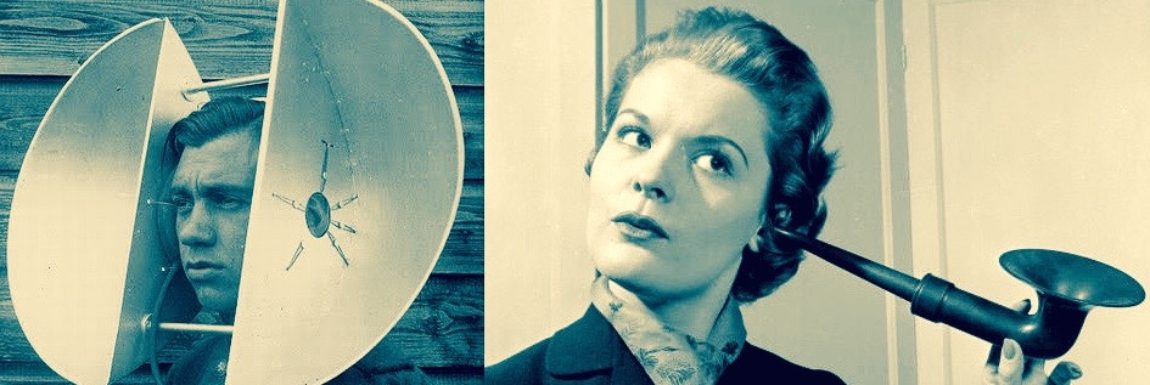Are your hearing aids not working the way they should? There are some things you can troubleshoot and fix on your own. A few tips on how to deal with the four most common issues:
1/ Batteries
The first and most obvious thing to check. Replace them with fresh ones. One thing to keep in mind is that not all batteries are created equal. For example, if you get your batteries from the company that sold you your hearing aids you may get a dud or two. That’s because the company usually buys them in bulk from the lowest bidder so the quality can vary. In my case I once got a bad batch and had to try four or five batteries to find one that worked.
2/ Wax
If your aids sound muffled or weak, or if you are hearing nothing at all from them, wax is the most likely cause. Chances are your aid has a small wax guard to protect the speaker. Replacing them is easy and it’s worth doing regularly. Domes, those silicon earpieces that come with most behind-the-ear models, can also get clogged. I change mine about once a week.
3/ Moisture
I once stepped into the shower and out again very quickly when I realized I was wearing my hearing aids. Not smart. Moisture is the enemy of delicate electronics. But sometimes you can’t avoid getting caught in the rain or you may live in an area with high humidity.

I use a small dehumidifier, sometimes called a drying kit. Basically, it’s a plastic jar and inside is a package of silicon gel desiccant. You remove the batteries, put the aids inside, screw on the cap and leave them overnight. You recharge the desiccant as needed in your microwave. A cheap and easy solution. They cost three or four bucks but are usually given out free by your provider. There are also some fancy electronic ones available but I don’t think they are worth it.
4/ Dirt
Sometimes the microphones can get obstructed by dirt and debris. Keep them clean. Your aids likely came with a small brush or what looks like a tiny pipe cleaner. Use it regularly. It’s also a good idea to wipe your aids down with a soft cloth. Don’t use any liquid cleaners.
Finally, if it’s none of the above, go see your audiologist.

